
Shocking Truths About Sunflower Seeds You Need to Know Before Your Next Snack
The Surprising Power of Sunflower Seeds: Nutrition, Health Benefits, and How to Eat Them Right
Sunflower seeds are a favorite snack for many, thanks to their crunchy texture and rich, nutty flavor. But beyond being a convenient treat, these tiny seeds are packed with nutritional value and surprising health benefits that go far beyond what most people realize. Loaded with vitamin E, magnesium, healthy fats, and other essential nutrients, sunflower seeds can support heart health, skin vitality, digestion, and more.
However, not all sunflower seeds are created equal, and how you choose, prepare, and consume them can significantly impact their health effects. Backed by credible research from sources like WebMD, Harvard Health, and the National Institutes of Health (NIH), this article explores what you need to know about sunflower seeds and how to make them a valuable part of your wellness routine.
Why Sunflower Seeds Deserve a Spot in Your Diet
Harvested from the cheerful sunflower plant (Helianthus annuus), sunflower seeds have long been used in traditional diets around the world. Today, science backs their nutritional power. These small seeds are an excellent source of:
-
Vitamin E – a powerful antioxidant
-
Magnesium – essential for nerve and muscle function
-
Selenium – supports thyroid and immune function
-
Healthy fats – including poly- and monounsaturated fats
-
B vitamins – important for metabolism and brain function
Whether enjoyed raw, dry-roasted, or as sunflower seed butter, they’re versatile, budget-friendly, and easy to include in your diet. But to get the most benefits, it’s important to choose wisely and be mindful of portion sizes and preparation methods.
The Science-Backed Health Benefits of Sunflower Seeds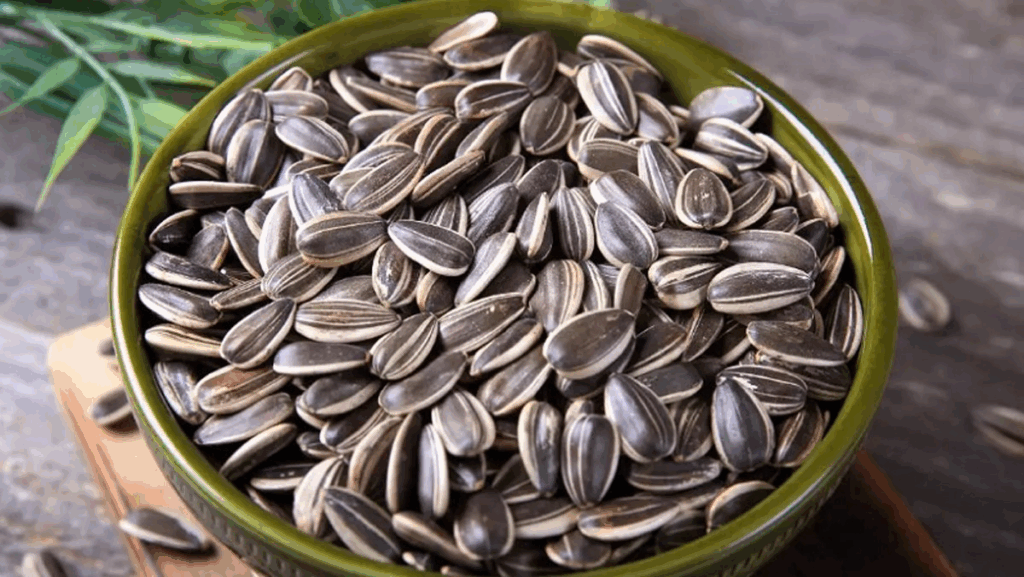
1. Heart Health Hero
-
Healthy Fats: Sunflower seeds are rich in heart-healthy fats that can help lower LDL ("bad") cholesterol and support cardiovascular health, according to Harvard Health Publishing.
-
Magnesium Support: Magnesium helps regulate blood pressure and maintain heart rhythm. Studies published in Hypertension show that adequate magnesium intake may reduce the risk of heart disease.
-
Antioxidants for Protection: Vitamin E and selenium help neutralize free radicals, reducing oxidative stress that contributes to cardiovascular damage.
2. Radiant Skin and Stronger Hair
-
Vitamin E Boost: Just one ounce of sunflower seeds provides nearly half your daily recommended intake of vitamin E, which helps protect skin from aging and sun damage.
-
Fatty Acids for Glow: Linoleic acid, an essential omega-6 fatty acid found in sunflower seeds, helps maintain skin hydration and may reduce inflammation linked to acne and eczema.
-
Anti-Aging Effects: The antioxidants found in sunflower seeds can promote collagen production and improve skin elasticity, reducing fine lines over time.
3. Immune System Support
-
Selenium for Defense: Selenium supports immune response by aiding in the production of white blood cells and enhancing antioxidant activity.
-
Vitamin E for Cell Protection: Vitamin E helps protect immune cells from oxidative damage, keeping them functional and responsive.
-
Zinc & Iron: Although found in smaller amounts, these minerals support immune health, healing, and overall energy levels.
4. Gut and Digestive Health
-
Rich in Fiber: A single serving provides several grams of dietary fiber, helping to promote regular bowel movements and support gut-friendly bacteria.
-
Digestive Enzymes: Magnesium plays a role in enzymatic processes that assist in breaking down food and absorbing nutrients efficiently.
-
Bloating and Constipation Relief: Including sunflower seeds in your meals can naturally alleviate common digestive issues.
5. Energy and Mental Clarity
-
Magnesium for Vitality: Helps convert food into usable energy and reduces fatigue—ideal for busy lifestyles.
-
B Vitamins for Brain Health: Folate and other B vitamins may aid cognitive function, improve mood, and reduce the risk of depression, according to Harvard Health.
-
Protein-Packed Snack: With about 6 grams of protein per ounce, sunflower seeds offer long-lasting energy and are perfect for pre- or post-workout snacks.
Important Truths You Should Know Before Snacking
Despite their many benefits, sunflower seeds also come with considerations that are often overlooked:
-
High Sodium Content: Many flavored or pre-roasted sunflower seeds contain excessive salt. Overconsumption can contribute to high blood pressure, warns the American Heart Association.
-
Calorie Dense: At roughly 160–200 calories per ¼ cup, they can add up quickly if you're not mindful. Use portion control to prevent unwanted weight gain.
-
Allergy Potential: Though not as common as peanut allergies, sunflower seed allergies can trigger symptoms like itching, swelling, or even anaphylaxis.
-
Phytates and Mineral Absorption: Sunflower seeds contain phytates, natural compounds that can bind to minerals like iron or zinc and inhibit absorption in large amounts.
-
Possible Pesticide Residue: Non-organic sunflower seeds may be exposed to agricultural chemicals, so choosing organic is a safer bet when possible.
How to Enjoy Sunflower Seeds the Healthy Way
Adding sunflower seeds to your daily routine is easy, especially when done creatively and mindfully. Here’s how:
Homemade Sunflower Seed Trail Mix (Serves 4)
Ingredients:
-
½ cup raw or dry-roasted unsalted sunflower seeds
-
¼ cup dried cranberries or golden raisins
-
¼ cup unsalted almonds or pumpkin seeds
-
2 tablespoons dark chocolate chips (optional)
Instructions:
-
Mix all ingredients thoroughly in a bowl.
-
Divide into 4 equal servings (about ¼ cup each).
-
Store in a sealed container for up to 2 weeks.
Tip: Enjoy 1–2 servings per day as a snack or topping. Choose raw or unsalted versions to minimize sodium intake.
More Tasty Ways to Add Them to Your Diet
-
Salads: Add a tablespoon for extra crunch and nutrients.
-
Smoothies: Blend sunflower seed butter for creaminess and protein.
-
Oatmeal: Stir in seeds along with berries for a high-fiber breakfast.
-
Baking: Incorporate into muffins, cookies, and homemade granola bars.
-
Soups: Use as a topping on creamy soups like pumpkin or butternut squash.
Tips for Getting the Most from Sunflower Seeds
-
Stick to Servings: Limit to 1–2 tablespoons per day unless you’re balancing them with physical activity.
-
Read Labels: Watch for added salt, sugar, or artificial flavors in packaged varieties.
-
Store Smart: Keep in a cool, airtight container or refrigerate to maintain freshness and prevent rancidity.
-
Try Sprouting: Sprouted sunflower seeds may have enhanced nutrient availability. Just rinse them well to reduce bacteria risk, per the CDC.
Who Should Be Cautious?
Sunflower seeds are generally safe, but a few groups should be more cautious:
-
Those with Seed/Nut Allergies: Always test small amounts first.
-
Children Under 4: Due to choking risk, opt for seed butter instead of whole seeds.
-
People Watching Sodium or Calories: Stick to unsalted, raw, or dry-roasted varieties in measured portions.
-
Pregnant or Breastfeeding Individuals: Safe in food quantities, but check with a healthcare provider before using high-dose sunflower supplements.
-
Diabetics: Some evidence suggests they may lower blood sugar, which could interact with diabetes medications.
Final Thoughts: Why Sunflower Seeds Deserve Superfood Status
From protecting your heart and skin to supporting digestion and energy levels, sunflower seeds deliver powerful health perks in a small package. They’re affordable, widely available, and easy to incorporate into virtually any diet. Just be mindful of portions, sodium, and preparation methods to avoid common pitfalls.
Whether sprinkled over breakfast bowls, baked into treats, or enjoyed as a simple snack, sunflower seeds are a functional food worth keeping in your pantry. For more wellness insights and tips on maximizing your nutrition, stay tuned to our health section!
Disclaimer: This article is for educational purposes only and does not replace professional medical advice. Always consult a healthcare provider before making dietary changes, especially if you have health conditions or take medications.
News in the same category


Natural Drink to Support Knee Health for Seniors

The Peel That Could Empty Hospitals: A Natural Remedy for Cancer, Diabetes & High Blood Pressure 😱👇
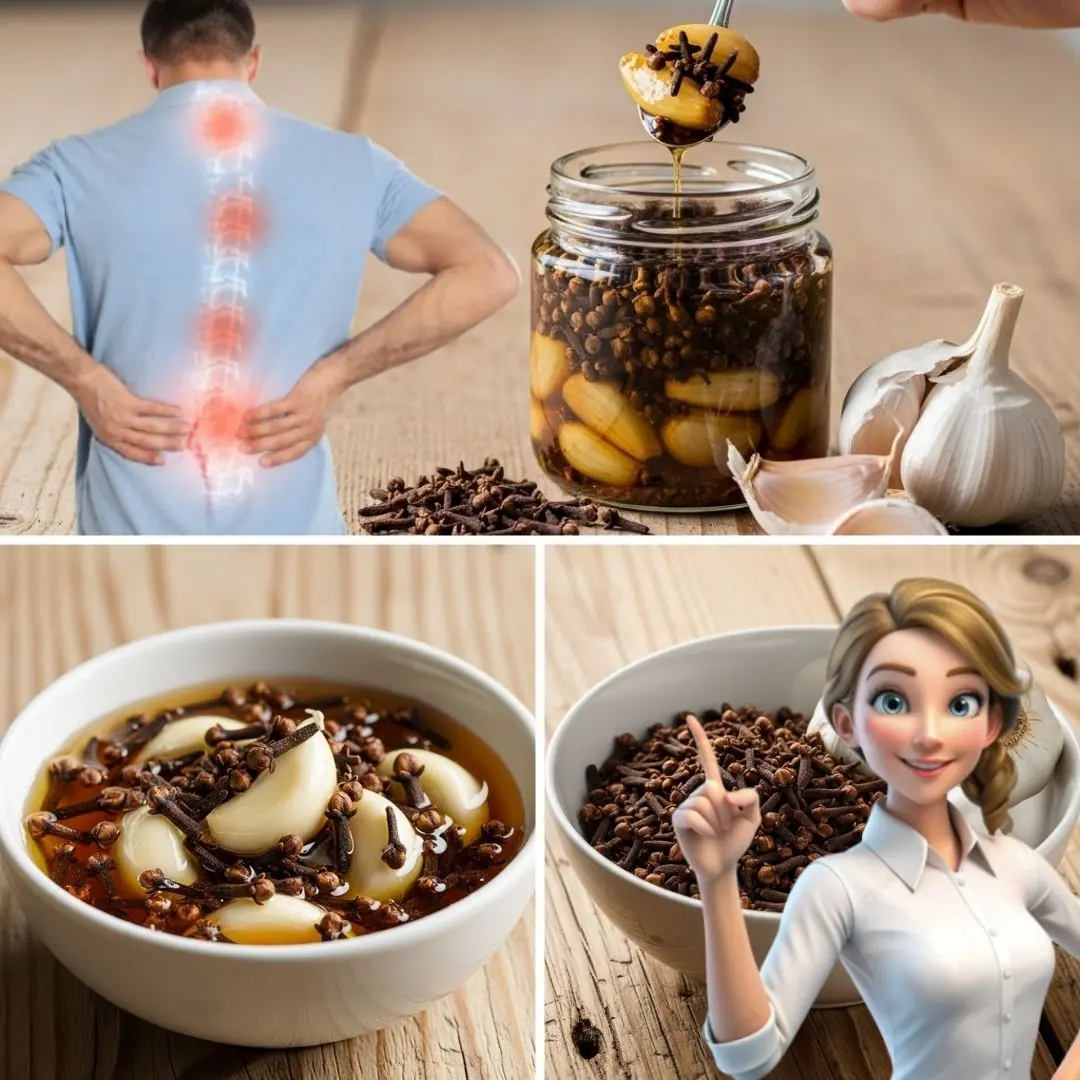
Cloves, Garlic & Honey: A Simple Jar of Nature’s Support

A Soothing Blend of Cinnamon, Garlic, and Aloe Vera: What It May Offer for Your Health

I’m 60 and Reversed Diabetes, High Blood Pressure, and Poor Circulation Naturally — Without Pills or Expensive Medications

The Daily Drink That Supports Youthful Vitality: Cucumber, Lemon, and Ginger

Banana Blossom: The Natural Medicine Everyone Overlooks
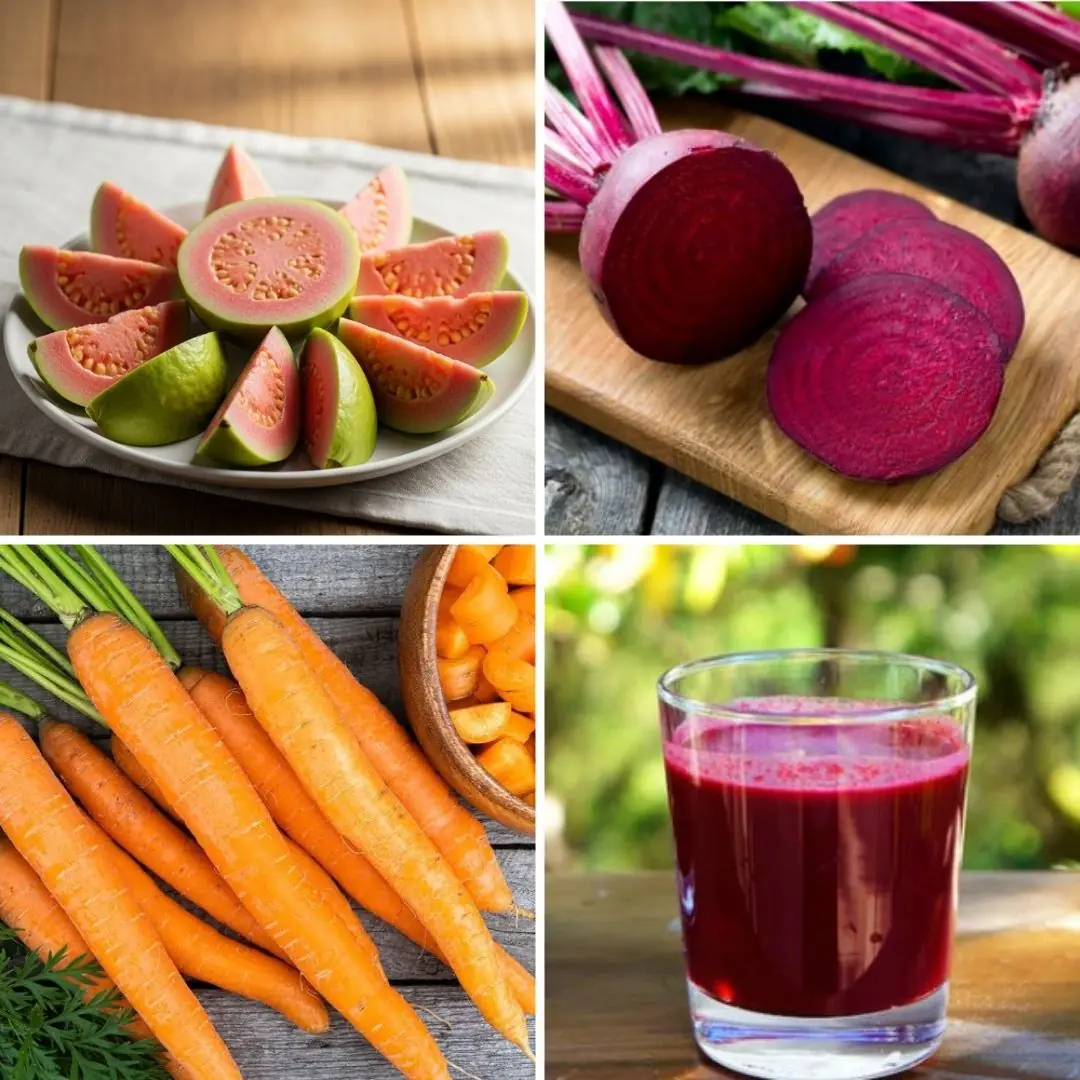
Say Goodbye to Anemia, Cleanse Fatty Liver, and Restore Vision in Just 7 Days With This Powerful Natural Remedy

Ditch Bad Vision for Good! Carrots Can Boost Your Eyesight, Hearing, Memory & Immunity
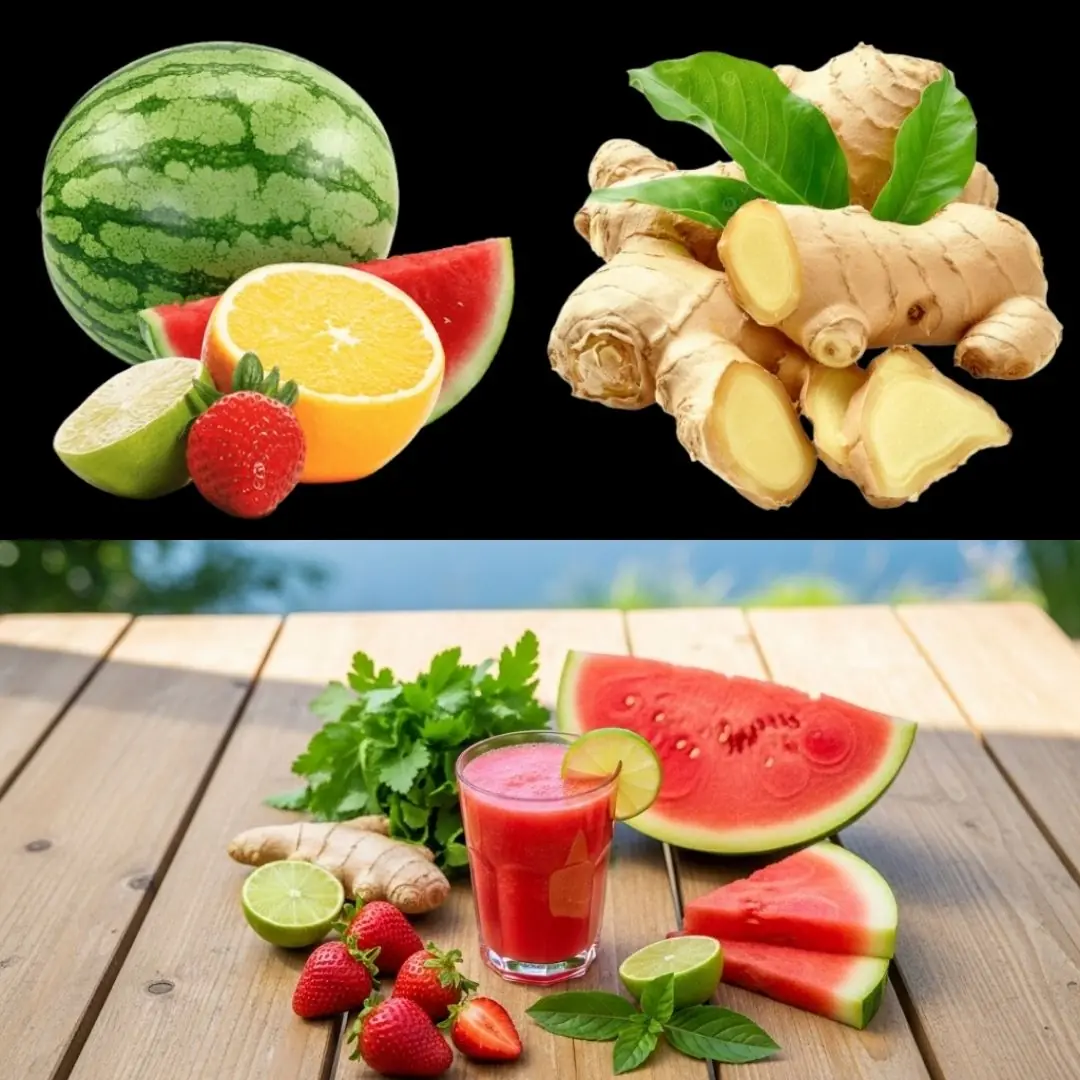
Watermelon Juice with Carrot, Beetroot, and Ginger: A Refreshing, Nutrient-Packed Drink

Shocking Secret Revealed: Erase Facial Hair Naturally with THIS Kitchen Staple!

🌿 OKRA BENEFITS – 20 Impressive Health Benefits of Okra You Need to Know!

Dwarf Mallow (Malva neglecta): The Overlooked Superplant Your Body Will Thank You For

The Powerful Natural Drink Recommended by Dr. Frank Suárez to Help Combat Cancer, Diabetes, and Fatty Liver

Leaf of Life: Unlock the Miracle Plant Growing in Your Backyard
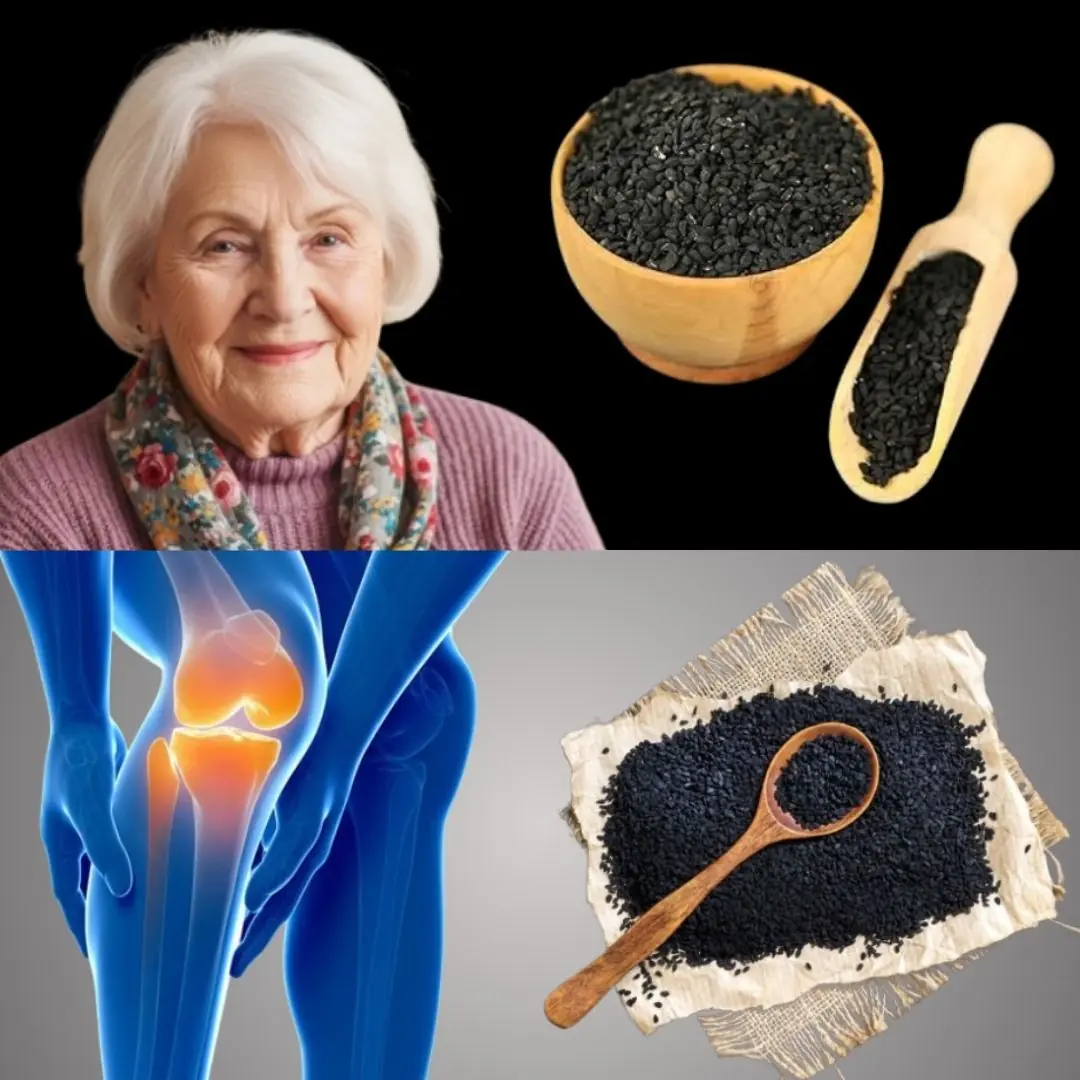
My Grandma Healed Her Joints and Now Runs Like a Young Girl – Thanks to Black Cumin Seeds!

Homemade Syrup That Clears Cough & Flu Fast — Just 3 Powerful Ingredients!

I Ate 2 Dates a Day — Here’s What Happened to My Body
News Post

The Trans-Canadian Rail Route: An Iconic Journey Across Canada

Vocal Speech Observed in Wild Chimpanzees. Are Apes Evolving Into Humans?

Photograper Captures A Once-In-A-Lifetime Shot Of A ‘Horizontal Rainbow’ That Filled The Whole Sky

Scientists Discover Massive Underground Reservoir Holding 3x More Water Than All Our Oceans Combined

If You Kill One Dragonfly, You Are Responsible For Over 100 Mosquito Bites

Tesla Dreamed It—Now Wireless Electricity Is Closer To Reality Than Ever

Can Your Eyes Reveal Diabetes or Cancer? Don’t Miss the Signs

Discover The Miraculous Benefits of Moringa

Clear Signs of Kidney Failure Everyone Should Pay Attention To

Natural Drink to Support Knee Health for Seniors

5 Typical Early Symptoms of Childhood Cancer: When to Take Your Child to the Hospital Immediately

The Peel That Could Empty Hospitals: A Natural Remedy for Cancer, Diabetes & High Blood Pressure 😱👇

Cloves, Garlic & Honey: A Simple Jar of Nature’s Support

A Soothing Blend of Cinnamon, Garlic, and Aloe Vera: What It May Offer for Your Health

I’m 60 and Reversed Diabetes, High Blood Pressure, and Poor Circulation Naturally — Without Pills or Expensive Medications

The Daily Drink That Supports Youthful Vitality: Cucumber, Lemon, and Ginger

World’s Largest Fish Nesting Ground With 60 Million Nests Discovered Under Antarctic ice

World’s Smallest Otter Species Rediscovered In Nepal After 185 Years
